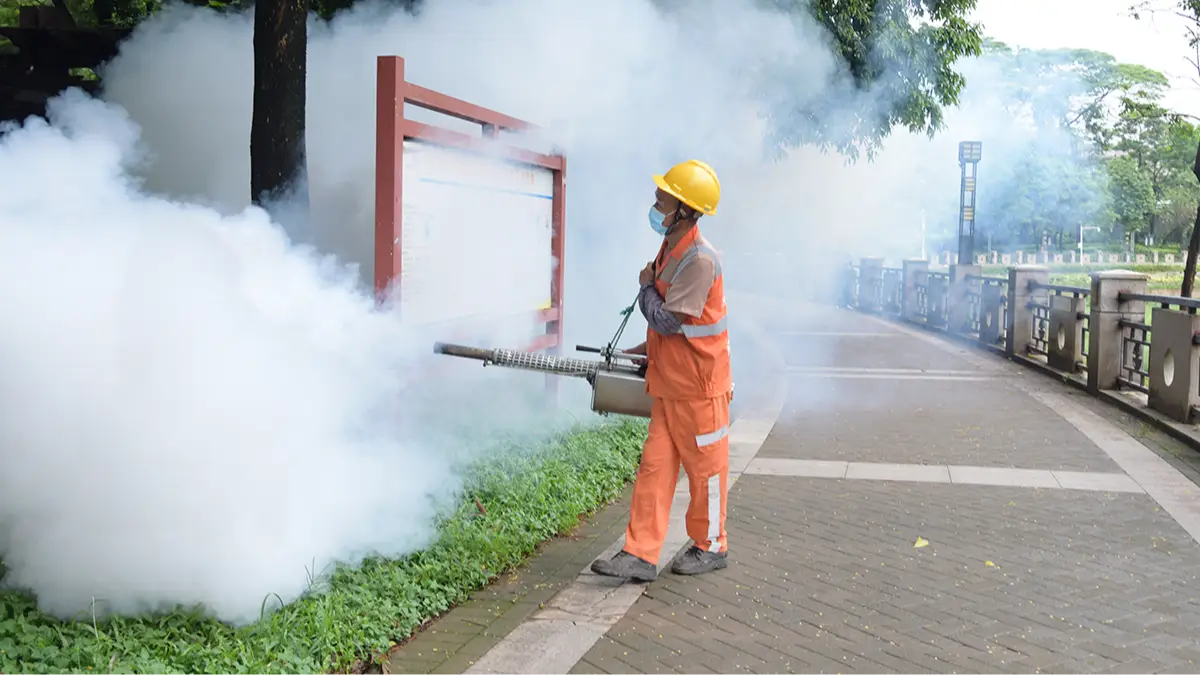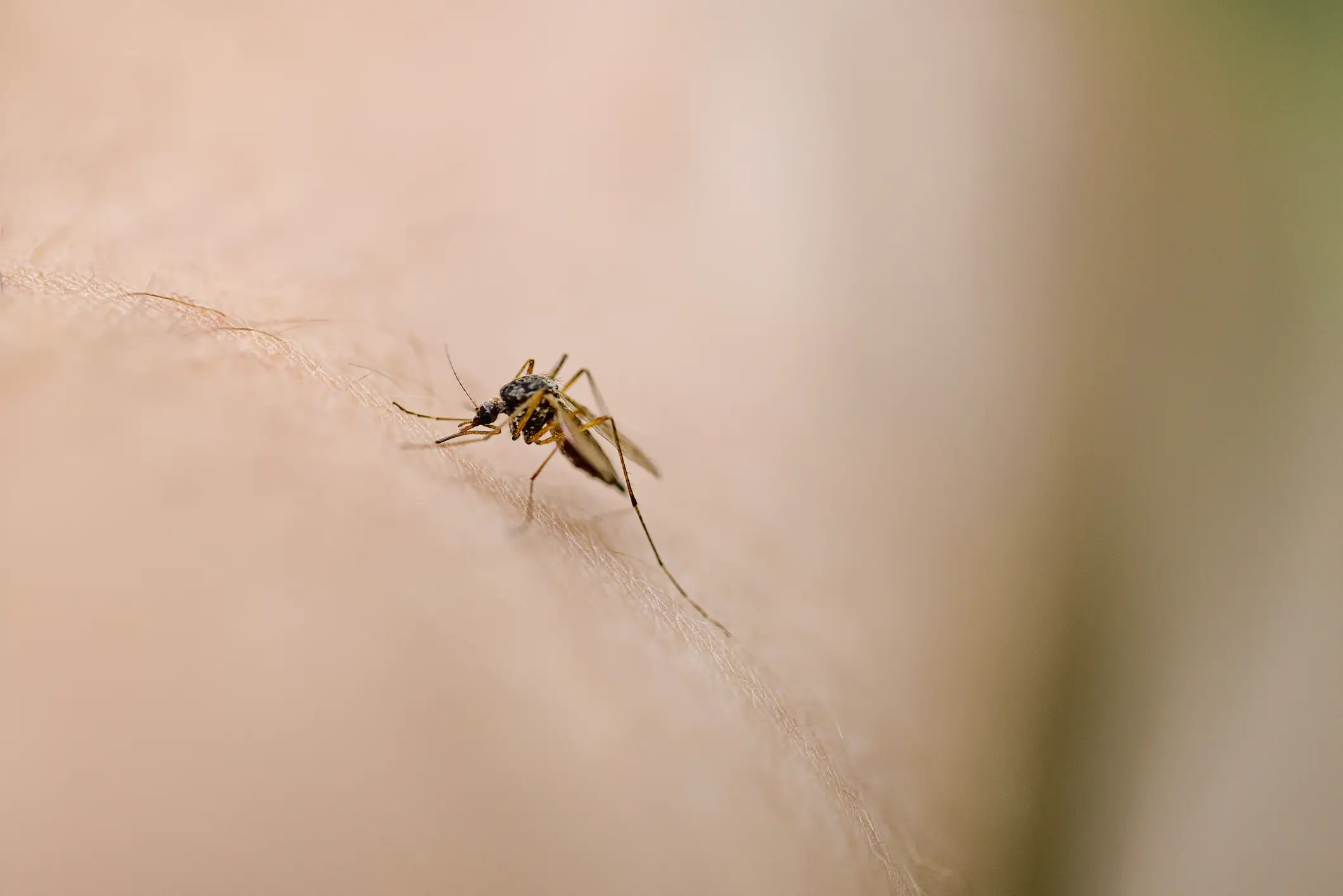
An urgent warning has been issued to travelers visiting China as the country continues to take steps to contain the Chikungunya virus, after 7,000 cases were reported.
Chikungunya virus hits people who have been bitten by an infected mosquito, and infections have previously been recorded across Africa, the Americas, Asia, Europe and islands in the Indian/Pacific Oceans.
China has taken the advice of the World Health Organization in tackling the virus, with the WHO advising that the best way to prevent the spread is to eliminate breeding grounds for mosquitoes.
Experts have touched specifically on pools of stagnant water, as residents are being told to remove sources in their homes, including flowerpots, bottles and coffee machines.
Advert

Now, The Centers for Disease Control and Prevention (CDC) has issued a level two travel warning for the Guangdong Province in China because of an outbreak of chikungunya.
Foshan city is at the epicentre of the latest outbreak, which has sparked 'COVID-era measures' being put in place, as per the New York Post.
A level two travel warning means visitors should 'practice enhanced precautions' after thousands of people in China were infected with the virus.
The CDC advises: "You can protect yourself by preventing mosquito bites, which includes using insect repellent; wearing long-sleeved shirts and pants; and staying in places with air conditioning or that have screens on the windows and doors."
A vaccination is recommended for travelers who are visiting an area with a chikungunya outbreak, with two vaccines having been approved for use in the US.
The CDC does have a list of recommendations to avoid getting infected, however, including avoiding standing near water where mosquitoes breed.
What are the symptoms of Chikungunya virus?
According to the CDC, most people with the virus will develop symptoms three to seven days after an infected mosquito bites them.
These symptoms can vary in their severity, with some groups said to be more at risk.

Like with the majority of other viruses, newborn babies and adults over the age of 65 are more at risk, as well as those with health implications such as high blood pressure, diabetes and heart disease.
Some of the more common symptoms include fever and joint pain, a headache, muscle pain, joint swelling and rashes.
The CDC is advising pregnant women to reconsider travel to impacted areas in China, as in rare cases, the virus can be transmitted from mother to child during birth.
While rare, it poses a severe risk to newborn babies.
